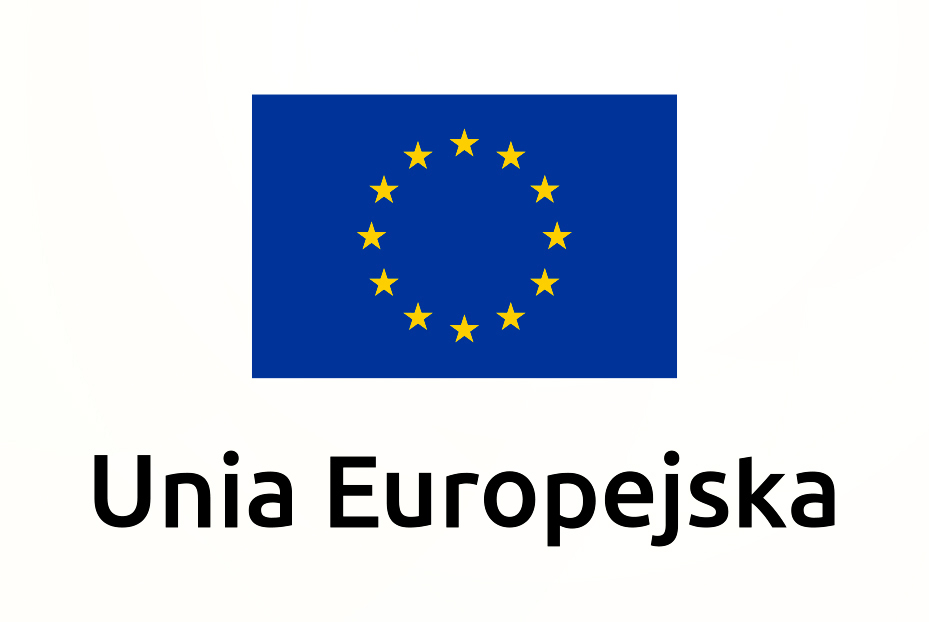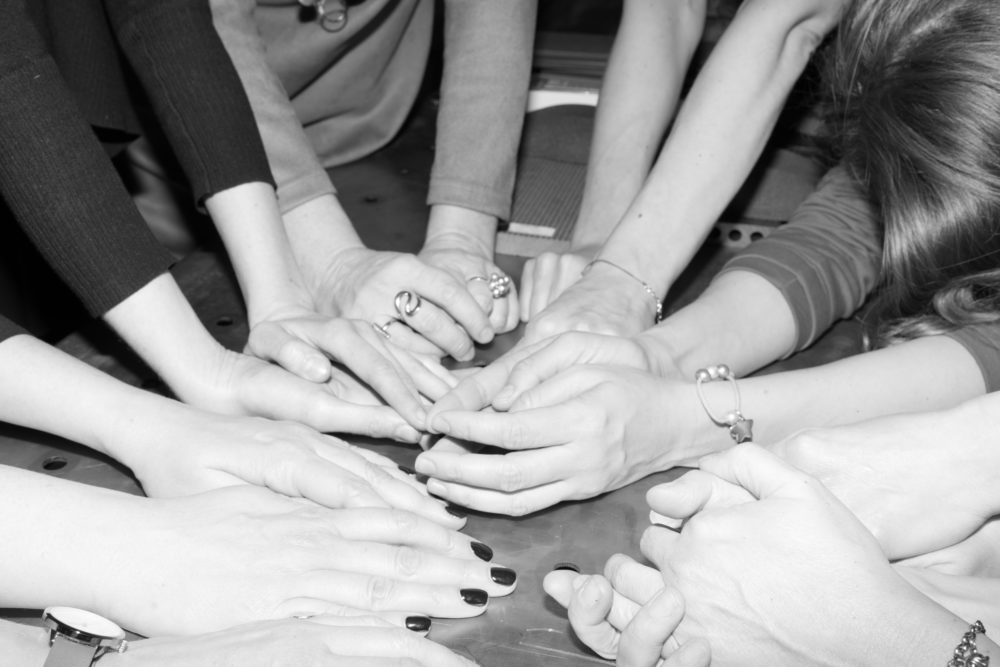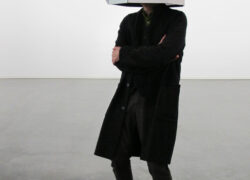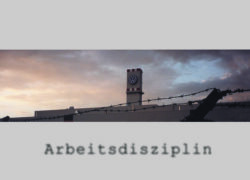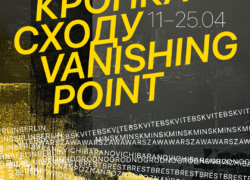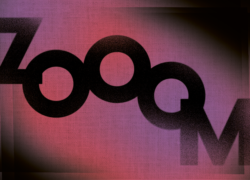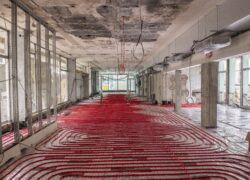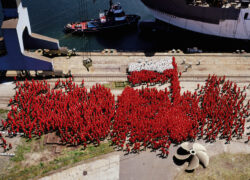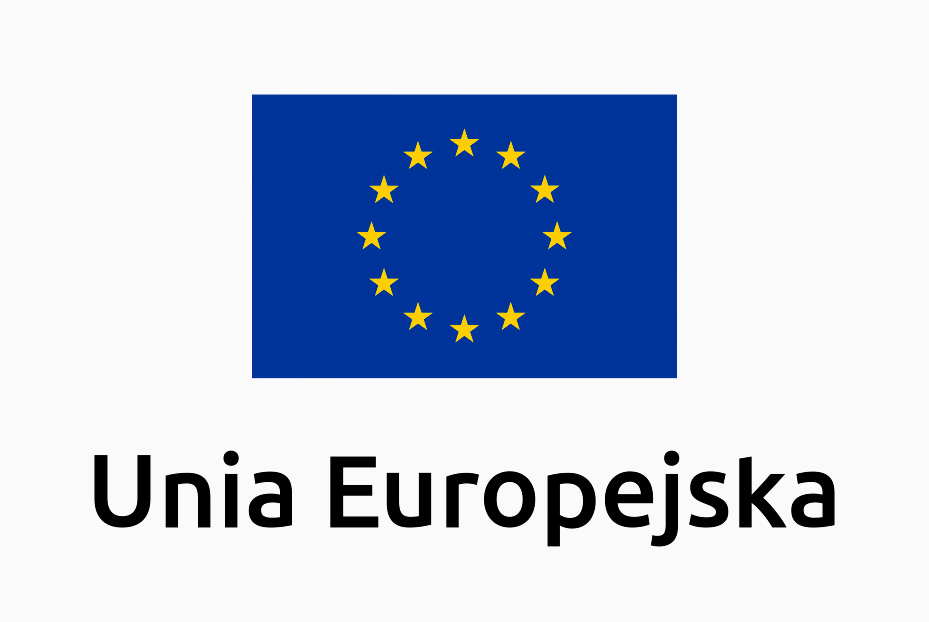In the language of the pharmaceutical industry, side-effects are possible additional, usually undesirable and adverse effects associated with the intake of a substance which is supposed to produce a specific effect. Using the tools of art, Liliana Piskorska draws the attention of the viewers and recipients of the exhibition to the “side effects” of living in a society that tries to eliminate at all costs the risks and contingencies inherent in the contemporary processes of globalization, growing populism, the crisis of democracy… The artist does not curb fears or mask anger, but exposes them to view through firm, balanced and yet very intimate gestures. At the same time, she asks about the politics of these imaginative realities: their understanding, boundaries, rules, and the dominant viewing perspectives. This is what transpires in the installation Legal Order (2019), which examines the ways of sanctioning power and producing laws that define what is socially allowed and what is no longer within the limits acceptable to the “common-sense” majority. By simulating judicial space and creating entities managing it, Piskorska poses questions about visible and invisible discipline, about the power of legal discourse, which affects real lives and is well-protected, routinely maintained and recognised by custom and tradition. This discourse, however, can not only protect, but also exclude and do harm. Still, by evoking certain values, it insists on its own neutrality. Similar issues arise in the case of the Well Written Act (2019). The work, a binding Russian law concerning “the protection of children”, has been almost verbatim transcribed by the artist. Piskorska appropriates the terminology and the language used to stigmatise sexual minorities. She constructs an absurd situation and offers an idea which seems crazy, yet in this very way she tries to unmask the underlying violence. Actually, during this exhibition the artist dedicates more works addressing the questions of legality and its production, access to public space, incompatibility of cultural standards and desires or the potential of self-empowerment (Public Displays of Affection, 2017 and Linguistic and Gender Asymmetry, since 2017).
Reflection on community takes pride of place in the work of Liliana Piskorska, also at the exhibition in the Arsenał. Group Practices (from 2019), an installation of photographs and text, is a work that addresses activism as a political manifestation, but the artist also raises the issue of being within a community, creating with full commitment portraits of the people associated with the feminist environment in Poland, captured at some point in their activities. As an artist and activist, Piskorska tries to express her own position in the realm of art and activism, where different rules apply and different stakes are played for; an attempt to reconcile the two is very much needed or even necessary for some, while disappointing for others (I Find This Strange, 2019). The perspective of the eponymous “side effects” makes it possible to see what is usually pushed to the margins of social attention. It discovers what is uncomfortable, undesirable and disposable when designing solutions useful for the “majority”. It reveals the “scapegoats” and the “price of peace”. Thus, the perspective helps to realise and offers hope that the established order, though hegemonic, is but temporary. It can be undermined, unsealed and made wobbly. The call to question this order, to imagine a new reality, is to be found in the video present at the exhibition, the manifesto-poem Strong Sisters Told the Brothers (2019). It shows immersion in the vegetation that produces hypnotic images protesting against the heterosexual privilege. The video citing queer and lesbian manifestoes makes us rethink our own/others’ privileges in the world of patriarchal domination and heterosexual norms, but it is also a call for compassion, solidarity and attention to others.
The Side Effects exhibition by Liliana Piskorska poses questions about the visibility, transparency and unbroken naturalness of socially sanctioned rules, norms and behaviours. What are the possibilities for the transformation of cultural hierarchies of values and political orders, who legitimizes them and why, in whose interest are they objectified and accepted as obvious? Finally, the artist asks why some lives are marginalised and others are placed in the centre of social attention and considered as an imperative.
Karolina Sikorska
curator’s tour: 30.05.2019, 5 pm
